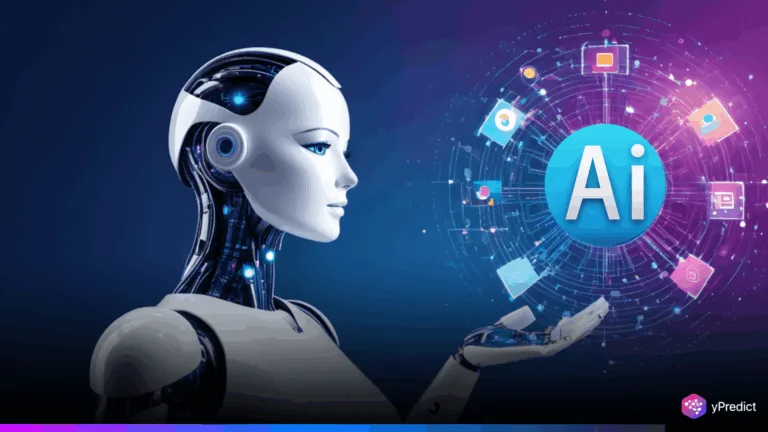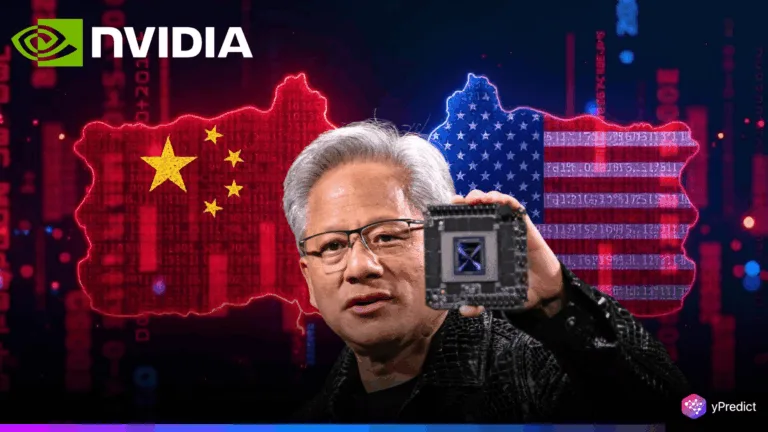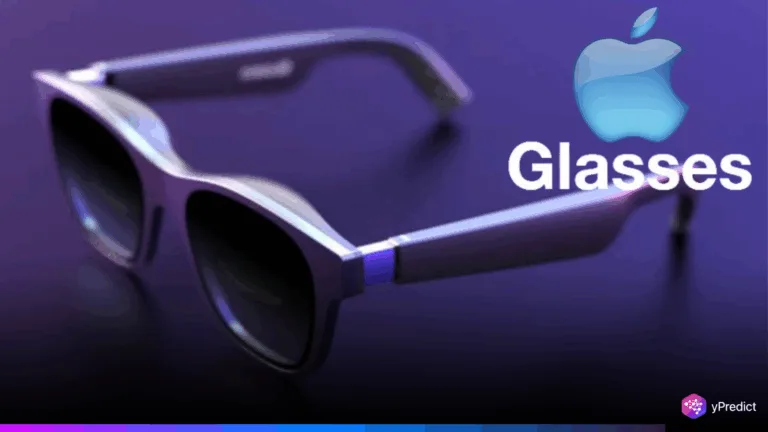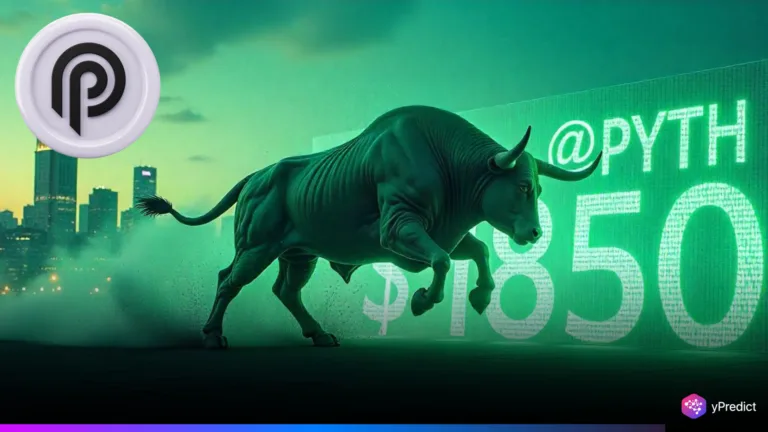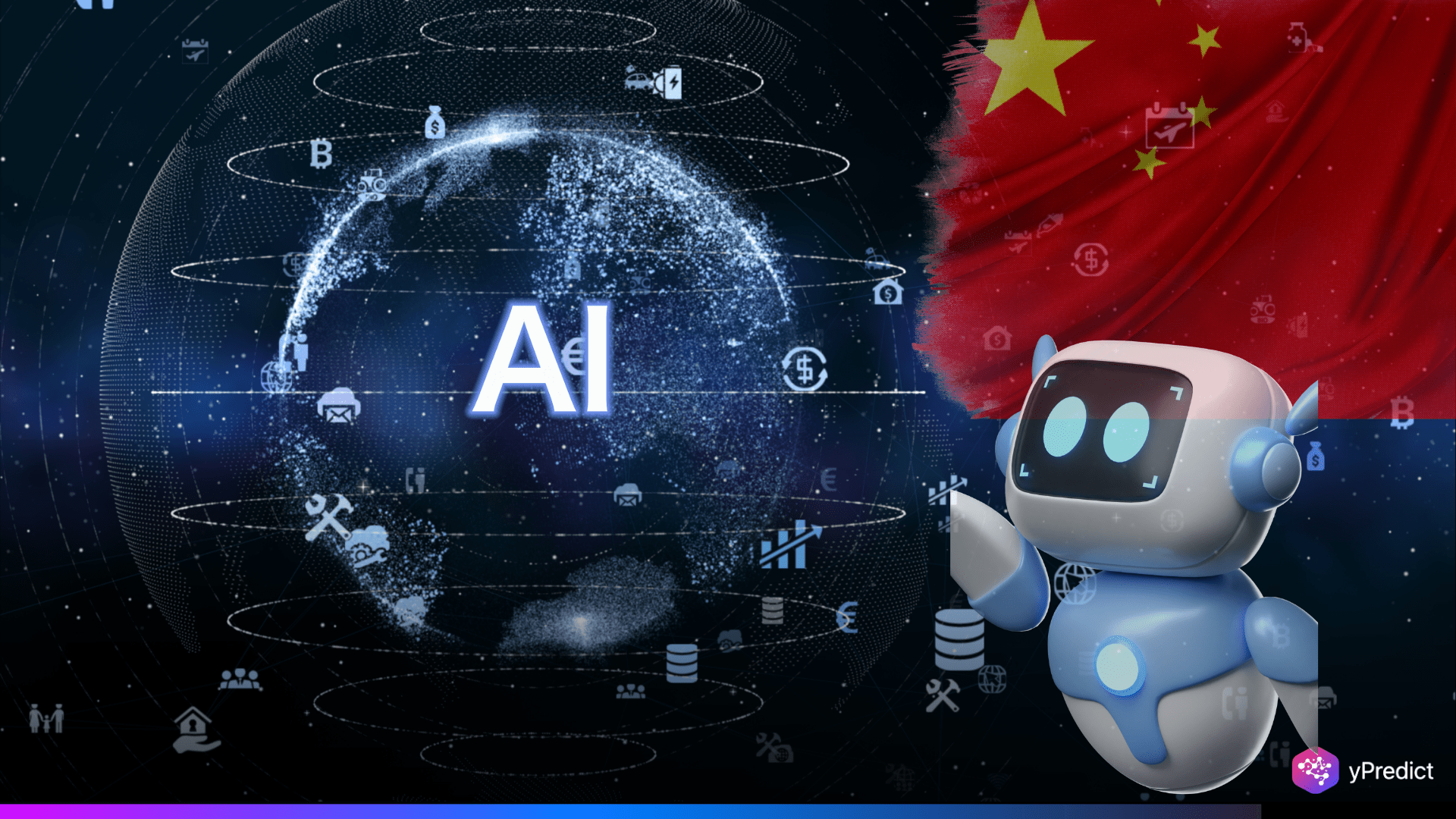
China’s leading technology firms are uniting around a new open standard known as the Model Context Protocol (MCP) in a bid to accelerate the deployment and scalability of artificial intelligence (AI) services across industries. Major players including Ant Group, Alibaba, Tencent, and Baidu are at the forefront of the initiative, signaling a strategic shift toward interoperability and standardization in China’s rapidly advancing AI sector.
A Standardized Pathway for AI Growth
Top Chinese tech firms are rapidly embracing the Model Context Protocol (MCP), a new standard that connects advanced AI systems to external digital tools, data platforms, and services. The new method is designed to significantly accelerate the integration of AI agents into business applications. The South China Morning Post reports that such MCPs
“enables Manus-like artificial intelligence (AI) agents to connect with third-party online tools, data sources, and systems – a trend that could expand the commercial adoption of such applications.”
Ant Group, the fintech arm of Alibaba Group and operator of the Alipay payment platform, just introduced a dedicated MCP server that was specifically built for payment services. The technology allows AI-based agents to communicate directly with Alipay so that consumers can initiate payments, query payment statuses, and ask for refunds in natural, everyday language.
The MCP protocol is viewed as a key enabler for making large language models (LLMs) useful tools for real-world applications. In the view of Ant Group, the protocol acts as a common connector, like a USB-C port, accelerating how AI systems access and utilize different services while being mindful of security and operational limits.
According to Tech Edition, the Model Context Protocol (MCP), which was revealed in November by US artificial intelligence company Anthropic, is an intermediary between AI agents and external data systems like content libraries, corporate software, and developer tools that enables AI to perform real-world tasks with live data. Chinese technology companies are rapidly embracing this platform. Tbox, Ant Group’s development platform, already has more than 30 MCP-integrated services, including Alipay, Amap Maps, and global tools like Google MCP and Amazon Web Services.
Earlier this month, Alibaba Cloud, Alibaba’s AI and cloud computing arm, launched an MCP marketplace on its ModelScope platform. It supports over 1,000 services, including those that integrate mapping software, Slack, cloud storage, Google Search documents, and Google Workspace functionality. Meanwhile, Baidu, a well-known Chinese AI and search startup, said its support for MCP aims to enable multiple AI applications and solution use cases.
Collaborative Efforts in Establishing AI Standards
Chinese technology businesses are working globally to build AI standards. Ant Group, Tencent, and Baidu have collaborated with Microsoft, Google, and Meta to develop the first global security standards for large language models (LLMs) in supply chains. This effort addresses critical issues like data leaks and model tampering, emphasizing the need for global cooperation in AI governance.
These collaborations are aimed at building frameworks for AI security and governance, with a particular emphasis on model integrity and data privacy, both of which are under increasing global attention. This project emphasizes the significance of responsible AI adoption globally.
Conclusion
As Chinese businesses embrace open standards like MCP, not only do they enhance domestic AI deployment, but they also influence global standards. Adoption of standardized interoperable protocols allows for greater collaboration, compatibility, and cross-border service expansion.
As geopolitical issues continue to influence the international IT landscape, the embrace of MCP shows that Chinese firms remain committed to AI as a force for future economic development and digital transformation.

